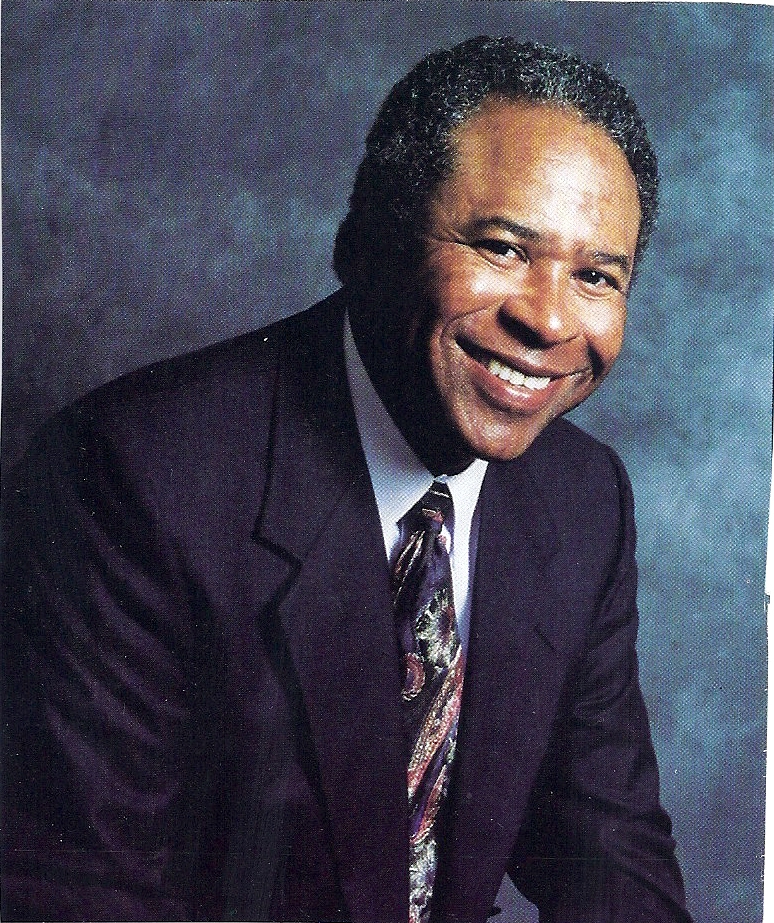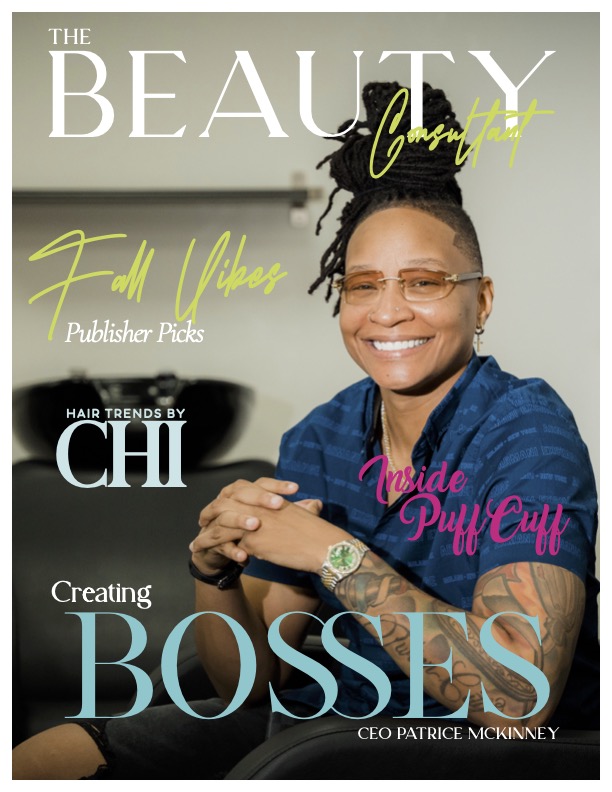
Fact: Relaxers cause damage to your hair, which can eventually lead to hair loss
Myth: The only way to prevent hair damage caused by relaxers is to stop relaxing
The trend towards “going natural” is at an all-time high. African American women of all ages have made the decisive choice to take “the big chop”, throwing aside their relaxers for hair that is harder to manage, but true to their curly and kinky roots. Braving the transition period and then moving on to relearn how to care for your hair is a strenuous process, so why are so many choosing to go this route? No matter the personal decision, it is a proven fact that chemical relaxers damage the hair. However, with both relaxed and curly hair, proper maintenance is a must in order to sport a head of beautiful, healthy hair. For natural hair to look and feel its all-time best, it must be moisturized on a daily basis, groomed (even braids and twists) on a daily basis to avoid matting, and washed and deeply conditioned on a weekly basis. Chemically relaxed hair must be kept in top condition at all times because relaxing damaged hair will only do further damage. Regularly moisturizing your hair is critical. Using oils on the scalp and hair will help to further seal in the moisture.
First, it is important to understand the hair growth cycle:
- Anagen: the active growth phase of the hair growth cycle that lasts 2-6 years or more, depending on one’s genetic makeup.
- Catagen: the transitional phase between growing and resting that usually lasts two weeks.
- Telogen: the resting and shedding phase, which usually lasts anywhere from a few weeks to two months.
Prior to the emergence of relaxers as the primary method of straightening hair, hot combing was the most common method. The use of the straightening comb causes hair loss from the top of the head referred to as “hot comb alopecia”. A similar type of hair loss has also been attributed to the use of relaxers. In the 1980s, a military dermatologist coined the term “follicular degeneration syndrome” (FDS), to describe this type of hair loss. The mechanism of these two causes of hair loss is similar in that the entire hair follicle is destroyed. In “hot comb alopecia”, it is commonly believed that the hot grease seeping into the pores causes permanent damage to the hair follicle. In FDS, relaxer seeping into the pores destroys the hair follicle, causing similar scarring and permanent damage.
Relaxer, applied directly to the scalp, can penetrate deep enough to destroy hair follicles because these hairs are closer to the surface of the scalp (recall telogen is the resting/shedding phase of hair growth). At any point in time, only about five percent or less of the scalps hairs are in the telogen phase, so only a few hairs can be affected. Because the top of the head is like a shelf, the relaxer can seep downward into the pores. I estimate that it would take approximately eight or more years of repeated relaxing to destroy enough hairs for it to become noticeable. Of course, the more often one gets touchups, the earlier we may see this. The following photograph is an example of how the scalp may look.
Although FDS is the most serious form of hair loss caused by chemicals, breakage is actually more common. Breakage can be caused by either relaxers or dyes, and is more commonly caused by the use of both. In breakage, only the length is affected. With proper care, the hair length can be restored.
Treating hair follicle loss can be a very difficult and sometimes impossible problem to resolve; obviously the best treatment is prevention. Discontinuing the use of relaxers would certainly solve this problem, but how many women are willing to give this up? Certainly, in this situation, better technique is the key, as prevention of follicular degeneration syndrome relies heavily on the skill of the person applying the relaxer.
Decreasing the frequency of touchups to eight or more weeks and getting the relaxer in and out of the hair as quickly as possible will help tremendously. For those of us old enough to remember when relaxers first came out, they were not applied directly to the scalp and we did not have this type of hair loss problem. As a preventive measure, I recommend the use of the DPL Hair Root Conditioner as a base and neutralizer during the relaxing process. I designed this product to chemically neutralize the relaxer that seeps into the pores and to neutralize the hair after the relaxing process while keeping the hair straight. The DPL Hair Root Conditioner forms an acidic barrier between the delicate hair follicle and the relaxer, thereby decreasing hair follicle scarring and preventing hair loss.
Welsey S. Wilborn, a board-certified dermatologist, received his Doctorate of Medicine from Meharry Medical College in1963. He began a private practice of dermatology in Atlanta, GA, where he currently practices medicine and serves as a clinical associate professor of dermatology at Emory University School of Medicine. Wilborn developed a special interest in diseases of the hair and scalp and became president and co-founder of W&W Pharmaceuticals, Inc., in Atlanta. He is the formulator of the entire line of DPL curl products.




